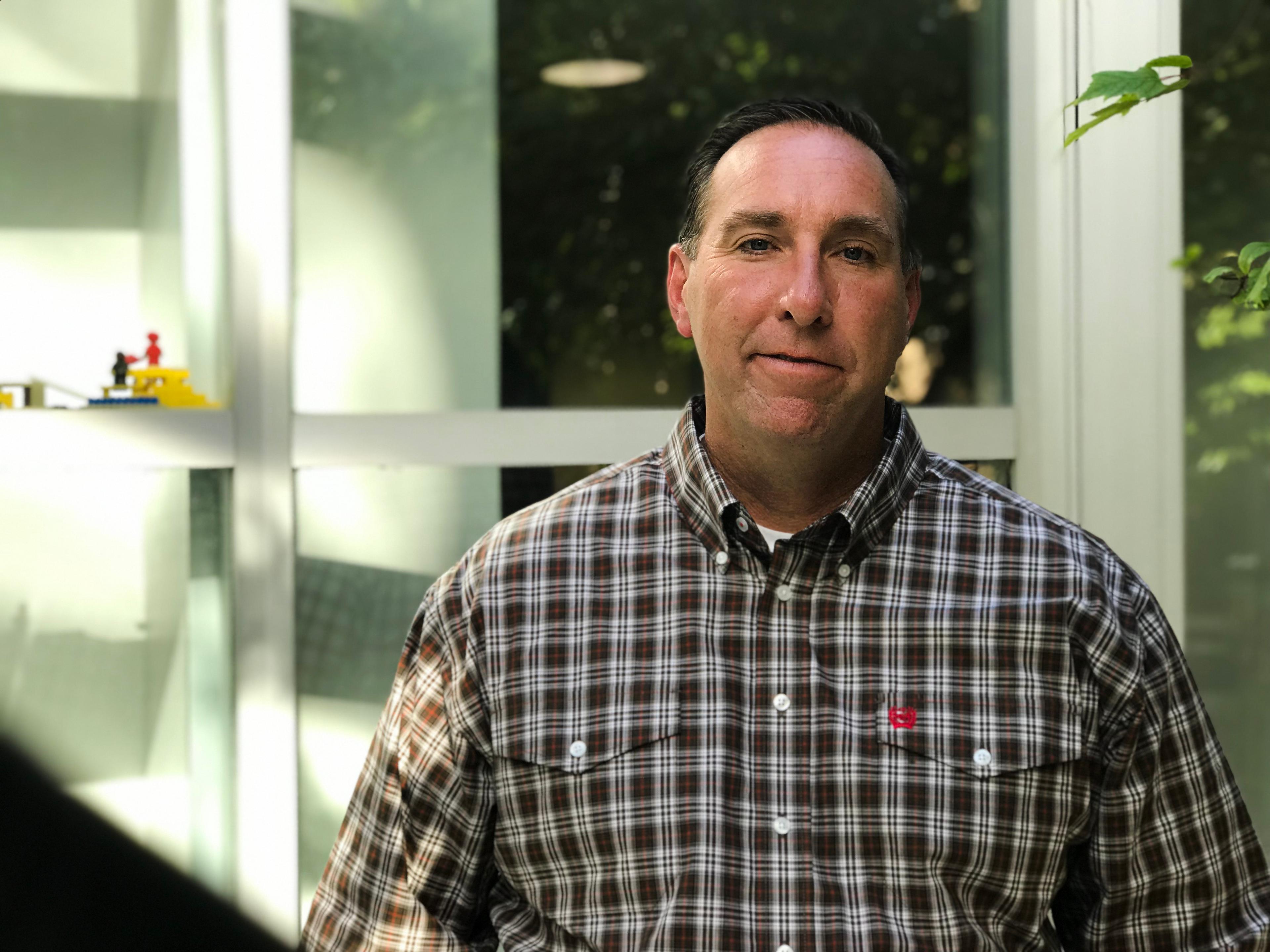
Colorado residents gathered at Longmont Public Library on Saturday afternoon to discuss Colorado’s Extreme Risk Protection Order that goes into effect in 2020.
Many people at the public forum expressed concern about the contentious “red flag” law, which Gov. Jared Polis signed in April. The law allows a family member or law enforcement to petition a court to temporarily remove someone’s guns for up to a year.
Lesley Hollywood, founder and director of Rally For Our Rights, the group that held the information session, displayed a list of examples of people who could petition to a court to request to remove a person’s firearms. Many people responded with questions about who exactly could request to remove a firearm and the possibility of somebody submitting a petition with ill intent.
“There are so many questions in this that there just aren’t answers to,” Hollywood said. “There are so many pieces of this that are dangerous.”
Some attendees called the law unconstitutional, including Weld County Sheriff Steve Reams. He spoke at the meeting and said people should be concerned about the law if the constitution applies to them regardless of political affiliation.
“The law is confusing. It’s not easy to understand how it applies to each individual. And it's also very confusing as to what it allows law enforcement to do or not do. It's a thing that people are scared of ” he said. “We in Weld County, under my direction, will not be an applicant for a red flag law.”
His statement earned applause from audience members. In April, Reams told Colorado Matters that he would be willing to go to jail rather than follow a court order to remove somebody’s firearms.
Weld County is just one of about a dozen other counties in Colorado where officials have declared them as “Second Amendment Sanctuaries” in response to the law. Reams said the law is dominating a lot of his time as a sheriff. He said he knows of about 50 sheriffs in Colorado who either don’t agree with the law or don’t want to interact with it.
“It's a tough thing to try to figure out how to balance, as a law enforcement official, that's responsible for a county the size of Weld,” he said. “I think even if you boiled it down to the law enforcement officer on the street, most law enforcement officers will tell you that ‘I don't want to do this.’”
Hollywood said each state’s red flag law varies widely and said similar ones in states like Connecticut and California have not prevented mass shootings.
Gun control advocates who support the law like Rep. Tom Sullivan, whose son was killed in the Aurora Theater Shooting, acknowledge the law won’t prevent all gun violence but it has the potential to reduce some violence.
“It’s not going to stop all mass shootings. It’s not going to stop all suicides. But it certainly will help,” he previously told Colorado Public Radio.








